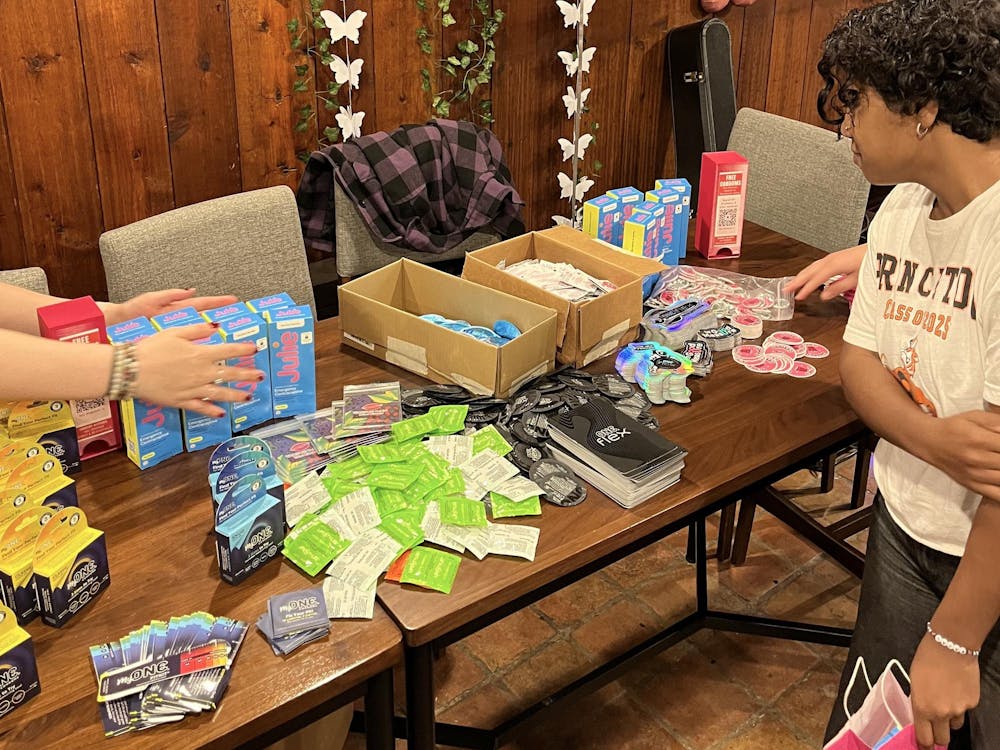So your administration decided to shoot down your school referenda. Now, I’m sure much analysis and frustration will follow the referendum rejections; we’ve already seen some of it. But there is one silver lining to the whole debacle. After all, there are four referenda, and the fourth made it through the gauntlet. In my opinion, the fourth referendum is the most important: This is the referendum that required the Honor Committee to tell you if you are under investigation or not. Ultimately, this is a really good change; other Princeton students ought not be able to lord it over their peers with power in situations that affect their peers at a fundamental level. In the real world, the police are required to tell you if you are under arrest. Why shouldn’t we have the same policy here?
So, let’s keep our chins up: We get to know if we are under investigation now. This is a change that we ought to be proud of, and when you consider the other referenda, you realize how good of a deal that is. I want to focus on referendum one, which is the referendum that I’m sure sank referenda two and three with it: a significantly lesser penalty for an Honor Code violation.
I don’t understand it. You have been convicted for cheating at an institution that is essentially predicated on the idea that it is merit-based (you got in selectively, didn’t you?). And you get probation? If people cheat, they don’t deserve to go here. They undermine our entire education and the prestige of the University. People have to think that Princetonians are smart and deserve their degrees. If we were a den of cheats, we would be neither smart nor deserving. I hope to God that we are not a den of cheats, and that this referendum was suggested only on the idea that if you were wrongfully convicted, you would have some degree of amnesty. But given that you were already raising the standard of evidence for a punishment in referenda two and three, you would be less concerned with wrongful convictions anyway. Raising the standard of evidence plus lowering penalties seems to encourage cheating more than anything else. Honestly, the administration saved students from themselves.
Regardless of whether you buy these arguments, if you voted yes on all four, you still get to know right away whether you are in the cross hairs or not. In my opinion, that was the most important referendum anyway, and it’s the one that made it. Hey, no one said reform was easy.
Ryan Born is a junior in philosophy from Washington, Mich. He can be reached at rcborn@princeton.edu.








